(ECNS) — "I always remember a phrase from the mother of my Chinese language teacher. She mentioned that there would be no new China without the Communist Party of China. I think this summarizes very well the achievements that the Party has been able to make throughout all this time, " said Brazilian scholar Pedro Steenhagen during an interview with China News Network recently.
This year marks the 104th founding anniversary of the Communist Party of China. Steenhagen mentioned that through his studies and personal experiences in China, he has learned about the work that the CPC has been doing to promote the development of the country.
"It's really impressive how since 1949, the Communist Party of China has been able to promote so many successful economic and political reforms, not only adapting the needs of the country but also the needs of the people," said Steenhagen.
In his view, the CPC has not only focused on the GDP, but also been committed to a people-centered development.
"So I think there is a very strong connection between the work of the Party and the work of the people throughout all this time, with a lot of dedication, a lot of hard work, a lot of leadership by example and like I said, a lot of reforms that have led China to where it is today. "he said.
Steenhagen pointed out that "China wouldn't be where it is today without the leadership of the Communist Party of China".
During the interview, Pedro Steenhagen also mentioned that both as important members of the Global South, Brazil and China have conducted comprehensive cooperation under the framework of BRICS and G20.
He explained that both countries have a lot of common aspirations regarding what to expect from the global governance landscape. Besides, trading investment has become a landmark and one of the high points between Brazil-China cooperation.
But moving beyond these areas, Steenhagen noted that environmental protection, technological innovation, as well as social cultural agenda also matter a lot.
"So I hope we can intensify our people-to-people exchanges, and have more Brazilians coming to China and also more Chinese people going to Brazil." said Steenhagen.













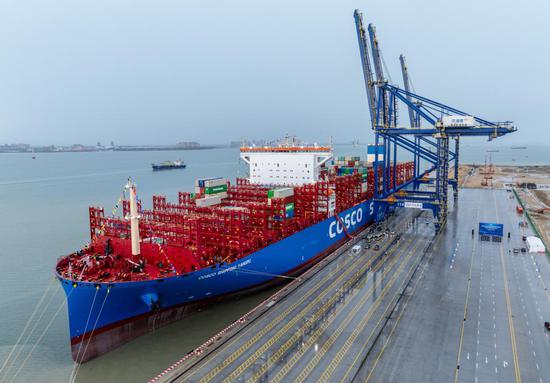




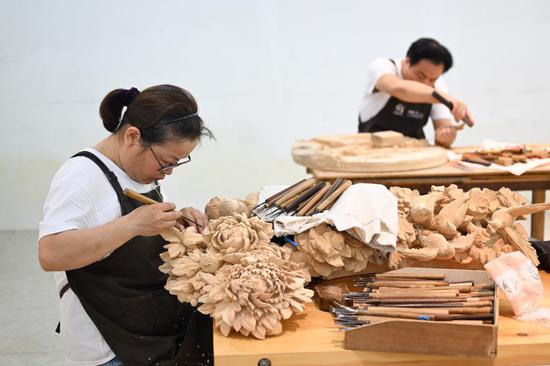


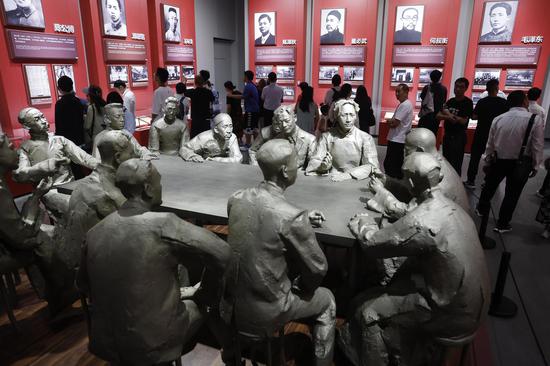

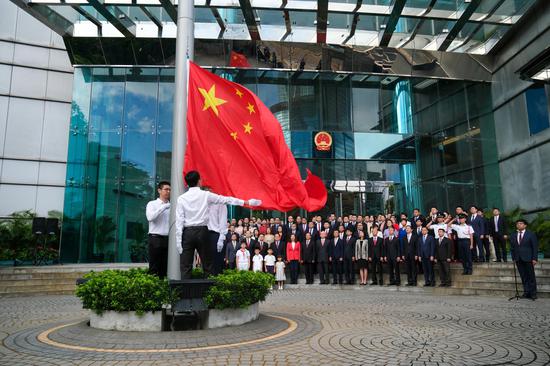


















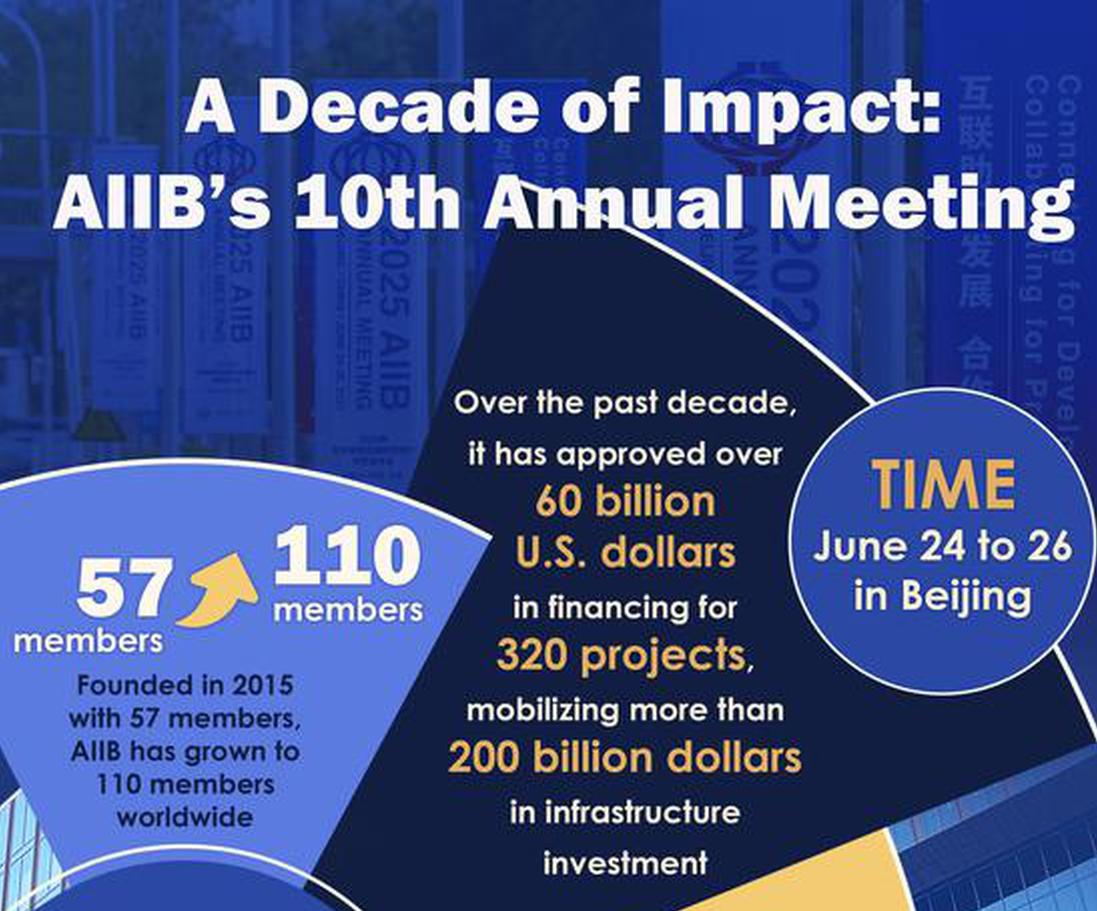







 京公網安備 11010202009201號
京公網安備 11010202009201號